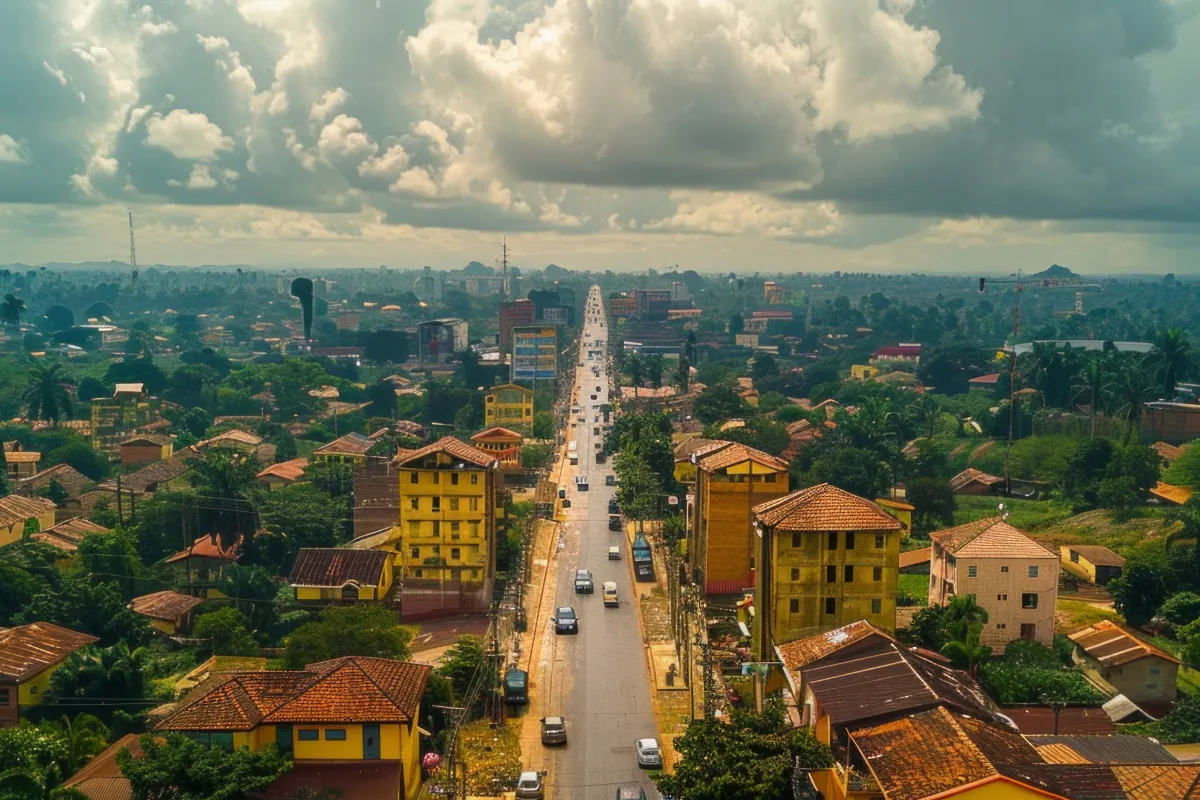
Countries
Employer of Record in Republic of the Congo | Culture
We help you remain competitive for top talent and grow your global team quickly — no entity required

Republic of the Congo Fast Facts
Download our guide to hiring in Republic of the Congo.
Culture and Holidays in the Republic of the Congo
Languages
The Republic of the Congo is a multilingual country, with French, Lingala, Kikongo, and Kituba used regularly.
French, the Republic of the Congo’s official language, dominates corporate and government workplaces. Meetings, presentations, and official emails are generally conducted in French, though employees may use Lingala or Kikongo informally. However, Congo-Brazzaville recognizes several national languages. Factories, warehouses, and construction sites primarily use Lingala or Kikongo (although management-level communication may be in French). In customer service and retail, language use depends on clientele.
Kituba is creole dialect based on the Kikongo language, usually understandable by those who speak Kikongo. It is likely to be found along the Congo-Océan railway connecting Pointe-Noire in the south with the capital city, Brazzaville. Lingala is spoken mainly in the eastern and northern parts of the Republic of the Congo. French and Lingala are common for domestic customer support, while many companies also hire speakers of Kikongo and other regional languages to cater to local customers.
Workplace norms and professional etiquette
Employers in the Republic of the Congo must be aware of workplace norms, business communication styles, and professional etiquette to ensure smooth operations and maintain positive employee relations. The country’s work culture blends hierarchical structures, respect for authority, and relationship-building, while also embracing modern corporate values in global businesses.
Workplace hierarchy and authority
- Workplaces in Congo-Brazzaville, especially in traditional industries and government sectors, tend to be hierarchical, with senior management making key decisions.
- Employees generally show deference to senior colleagues and managers, using formal greetings and respectful language.
- Decision-making can be top-down, but modern startups and multinational corporations have begun encouraging collaborative approaches.
- Communication is often formal and polite, especially in written correspondence such as emails.
- Networking and informal discussions (over tea breaks or lunch) help in professional growth and collaboration.
- Employees may hesitate to say “no” directly, preferring diplomatic phrases like “I will try” or “Let me check.”
- Follow-up is crucial in Congolese business culture, as decisions and approvals may take time.
Email and phone etiquette
- Business emails should be formal, polite, and structured, starting with a greeting and ending with a professional sign-off
- In phone calls, a courteous greeting is expected, and small talk before discussing business is common.
- Employees often use messaging apps for quick work-related communication, though formal matters are handled via email.
Meeting etiquette and punctuality
- In Congo-Brazzaville, punctuality is valued but flexible — meetings may start a few minutes late, especially in informal settings.
- Business meetings often begin with small talk before transitioning into formal discussions.
- Handshakes are common in corporate environments, but some professionals may prefer traditional greetings.
Professional dress code
- Corporate offices and multinational corporations expect formal or business casual attire (suits, shirts, trousers, formal dresses).
- In traditional industries, especially family-owned businesses, employees may wear ethnic attire on special occasions.
- Startups and tech companies often have a relaxed dress code, favoring smart casuals.
National holidays
Employees are entitled to several national holidays.
- Jan. 1: New Year’s Day
- Easter Monday
- May 1: Labor Day
- Ascension Day
- Whit Monday
- Jun. 10: Reconciliation Day
- Aug. 15: National Day
- Nov. 1: All Saints’ Day
- Nov. 28: Republic Day
- Dec. 25: Christmas Day
Holiday observance may vary by sector. Bridging leave is often arranged around major holidays to allow for family travel. Employers may shift workdays or grant leave extensions accordingly.
Employees working on official holidays are entitled to overtime compensation or an alternative day off under the Labor Code. Work on make-up days is paid at the standard rate unless otherwise specified in employment agreements.
Disclaimer: The information provided is for informational purposes only and does not constitute legal or professional advice. Safeguard Global disclaims any liability arising from reliance on this information. Certain content may be sourced from third parties and remains their intellectual property; all other content is owned by Safeguard Global and protected by applicable intellectual property laws. You are encouraged to seek professional or legal advice to address any issues, questions or matters arising from the information contained herein.

Contact Us
Book a demo today
We’d love to learn more about your needs and show you how we can help. Submit the form and we’ll be in touch to schedule a personalized demonstration of our platform and services.
Schedule an appointment
Fill out the form to speak to a rep about how we can help your organization.



















